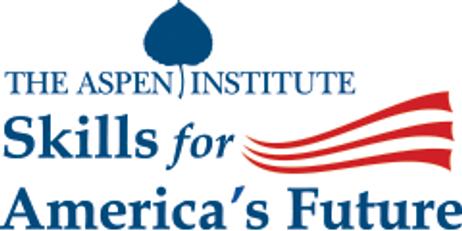The economic downturn has made its presence felt throughout the country, as families and businesses are forced to tighten their belts and make difficult decisions about their spending habits. Community colleges are facing the same challenges, as severe budget cuts have forced many schools to make choices in staffing, degree programs, and enrollment.
As the deadlines for finalizing next year’s budgets are looming for many schools, we’ll take a look at what some of the community colleges across the nations are forced to do to make ends meet.
This video reports on a pending tuition increase in a local community college.
Cayuga Community College Hiking Tuition Rates
The Cayuga Community College Board of Trustees recently approved their latest budget for the upcoming academic year. According to a report at AuburnPub.com, the new budget will include a hefty tuition hike, as well as a request for additional funding from Cayuga County. The tuition increase will be a significant 7.25 percent jump after tuition was not raised at all during the previous academic year. This amount translates to a $260 increase, with full-time students now paying $3,820 per year and part-time students paying $150 per credit hour. College officials are predicting that the federal Tuition Assistance Program (TAP) will cover the increase for about 75 percent of the students that are currently receiving TAP.
Not everyone was in favor of





















